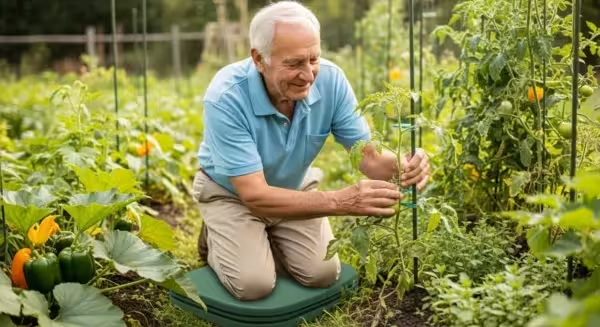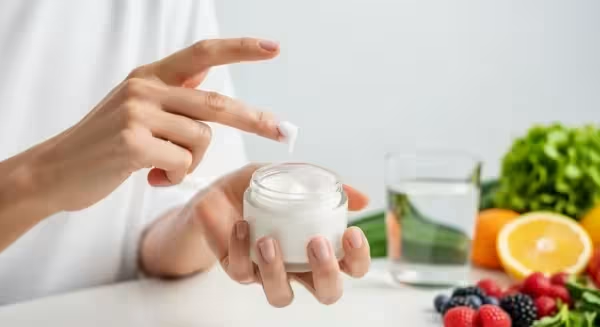
Practice 3: Mindful Hydration
Staying hydrated is advice we hear all the time, but for seniors, it’s especially critical. As we age, our sense of thirst can diminish, meaning we may not realize we are dehydrated until we are already experiencing negative effects like dizziness, confusion, or fatigue. Mindful hydration is about making water intake a conscious, consistent practice rather than an afterthought.
Understanding the Benefits: Proper hydration supports every bodily function. It aids digestion, regulates body temperature, lubricates joints, helps prevent kidney stones and urinary tract infections, and is crucial for cognitive function. Even mild dehydration can lead to confusion and increase the risk of falls.
How to Practice Safely: The key is to sip consistently throughout the day, not to gulp large amounts at once.
- Start Your Day with Water: Before you have coffee or tea, drink a glass of water. It helps rehydrate you after a long night’s sleep.
- Use a Designated Water Bottle: Keep a reusable water bottle with you at all times. If it has measurement markings, you can track your intake easily. Set a goal to finish it by a certain time.
- “Eat” Your Water: Many fruits and vegetables have high water content. Cucumbers, celery, watermelon, and strawberries are all excellent hydrating snacks.
- Set Reminders: Use a kitchen timer, a watch alarm, or your phone to remind you to take a few sips of water every hour.
Consult a Doctor If: You have been diagnosed with certain medical conditions, such as congestive heart failure, kidney disease, or liver disease. In these cases, your doctor may have given you specific fluid-restriction guidelines. It is essential to follow their medical advice precisely. Do not increase your fluid intake without their approval.















